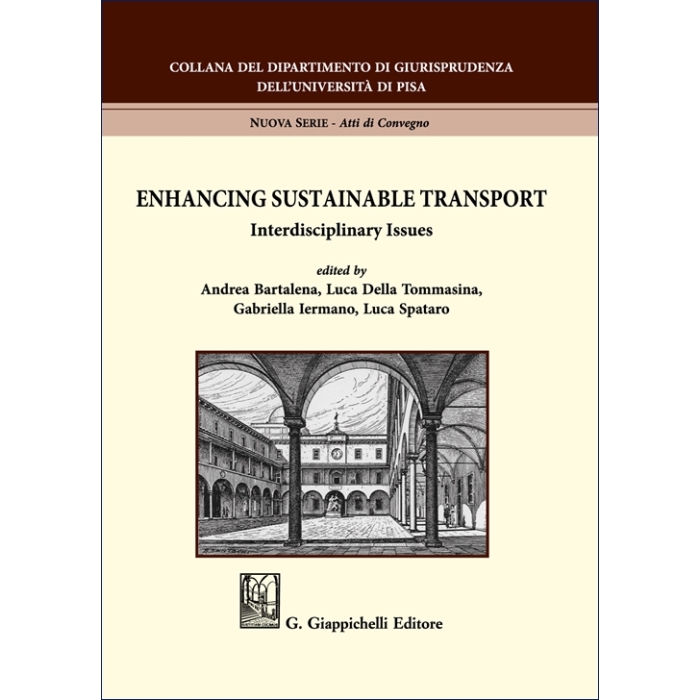«Enterprise is a relevant social fact». So wrote Alberto Mazzoni twelve years ago in an essay dedicated to management responsibility for the incor- rect operation of the company once business continuity is no longer achievable. This statement was used to stress the fact that management of any enterprise projects its effects and has significant implications on the surrounding environment: effects and implications which become more and more crucial in a crisis situation, when shareholders’ interests give way to those of other stakeholders (not only creditors, but also workers, other companies or enterprises and, last but not the least, the community as a whole) who may be negatively affected by the economical and financial decay of one operator.
Beyond the peculiarities of insolvency law and of preventive restructuring frameworks, recently dealt with by Directive (EU) 2019/1023, the point at issue is that any enterprise creates and is based on a series of relationships (predominantly, but non exclusively, of contractual type) which are so strictly intertwined that running of a business can’t but take into account its reflections on various external subjects and fields. Hence the ever growing attention to corporates’ social responsibility and, more recently, to sustainability.
However, if, starting from this assumption, one takes a closer look at the issues and theories just mentioned, one can easily realize the dissimilarities that exist between them and the different role that the emergence and the protection of the interests and expectations of stakeholders different from the shareholders (and tending to be in opposition to them) imply.
As a matter of fact, in a crisis situation creditors’ protection leads to a reduction of directors’ freedom of action and of their discretion in the management of the company, which appears justified since, at least in most cases, the onset of the crisis or even of insolvency is attributable to their lack of commitment to providing the company with an efficient organizational system, suitable for allowing them to ascertain the early signs of economic and financial difficulties of the company, or even to their culpable omission to promptly take the necessary actions to restore the management balance, not to speak of shareholder’s causal contribution for failing to further fund the company.
On the opposite, the theory of CSL, the pursuit of ESG factors and, more generally, the care for all the interests involved in the running of the business imply the assumption of duties which impose an active, indeed proactive, conduct and give the management power itself a positive conformation which does not end with the pursuit of the shareholders’ objectives. On this issue should an immediate clarification be made. Companies are set up by shareholders to achieve the purpose of enhancing the value of the shares they own and maximising their profitability: although criticised and revised, the theory of the maximisation of shareholder value is still coherent. The consideration in the management of a company of interests belonging to subjects external to the shareholding structure is usually permitted - at least, in the absence of a legislative provision authorizing it and so long as profit is attested, like in Italy, as the ordinary company purpose - if, in one way or another, it translates into a benefit for the company, from an economic and reputational point of view, and, therefore, indirectly for its shareholders, at least in the long term.











